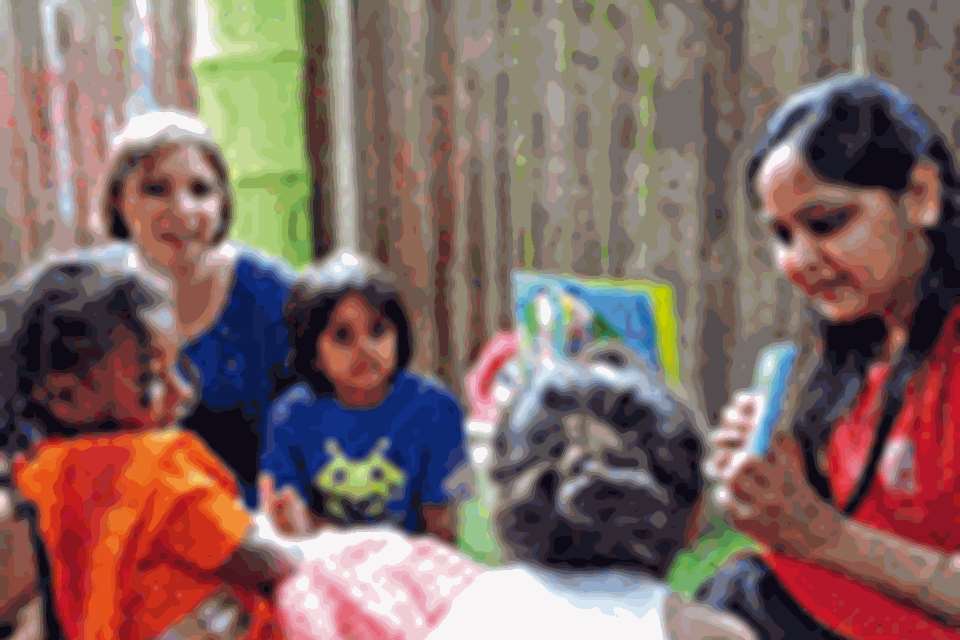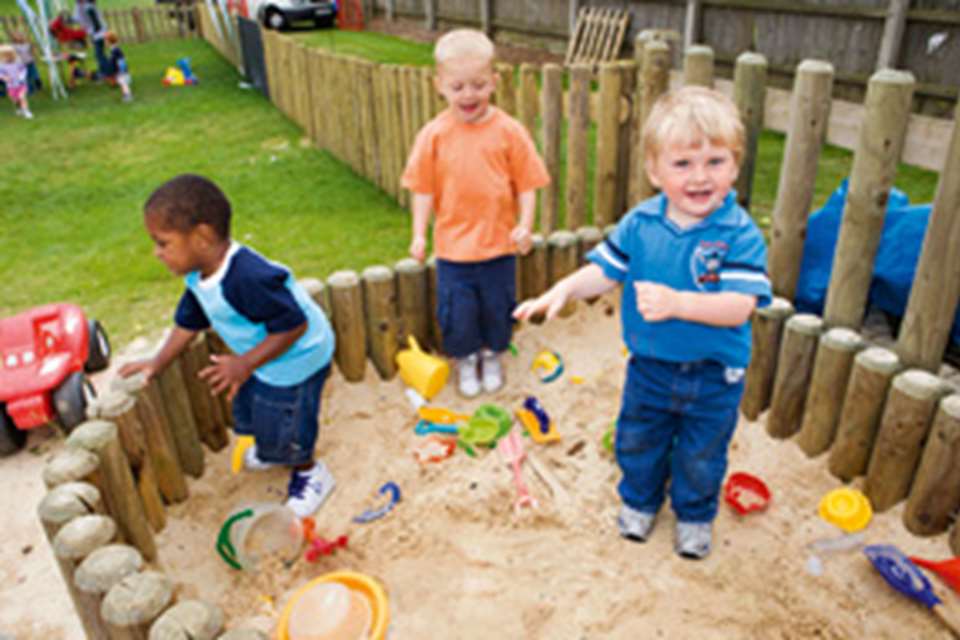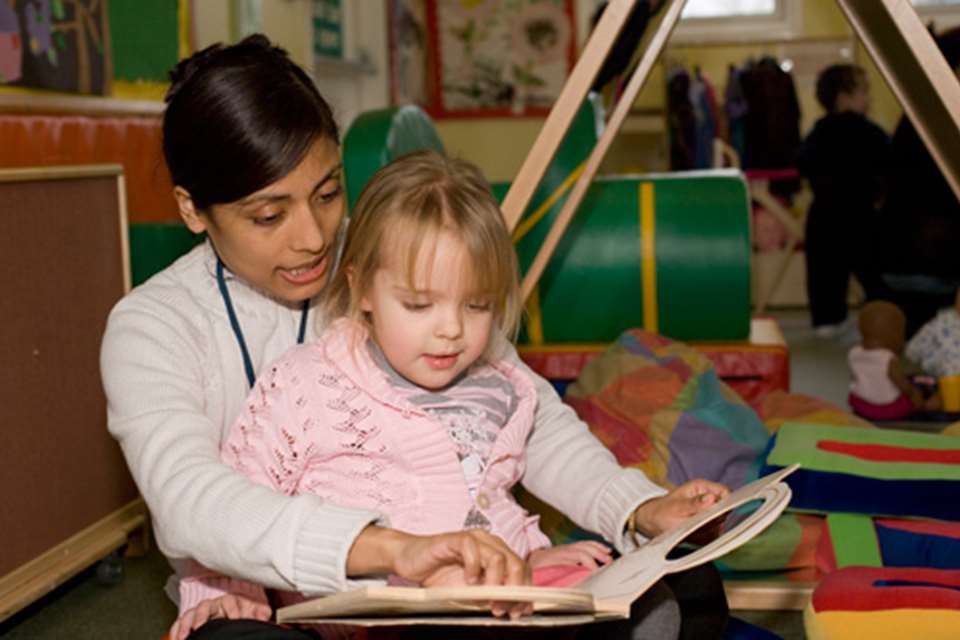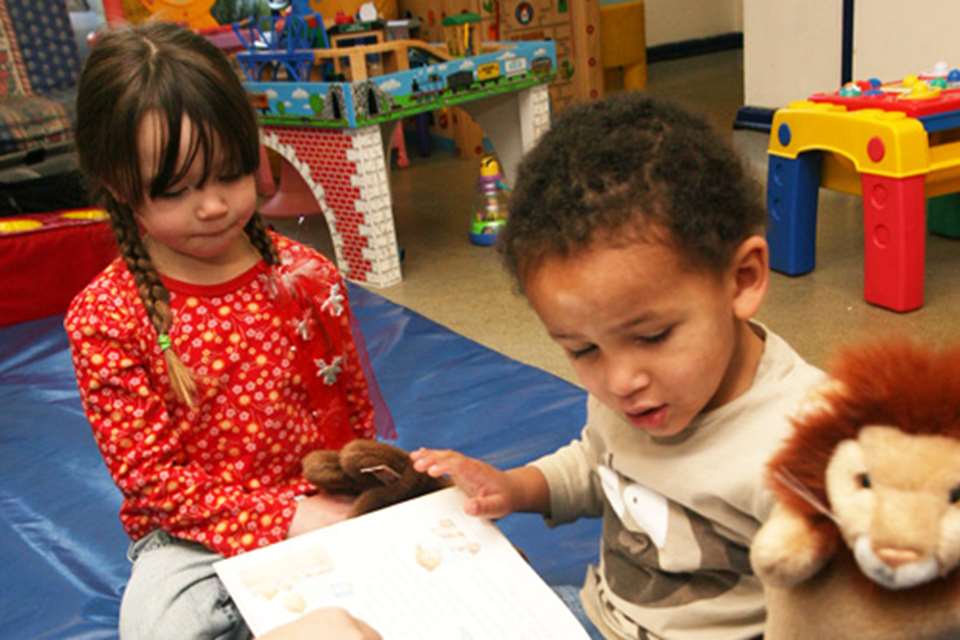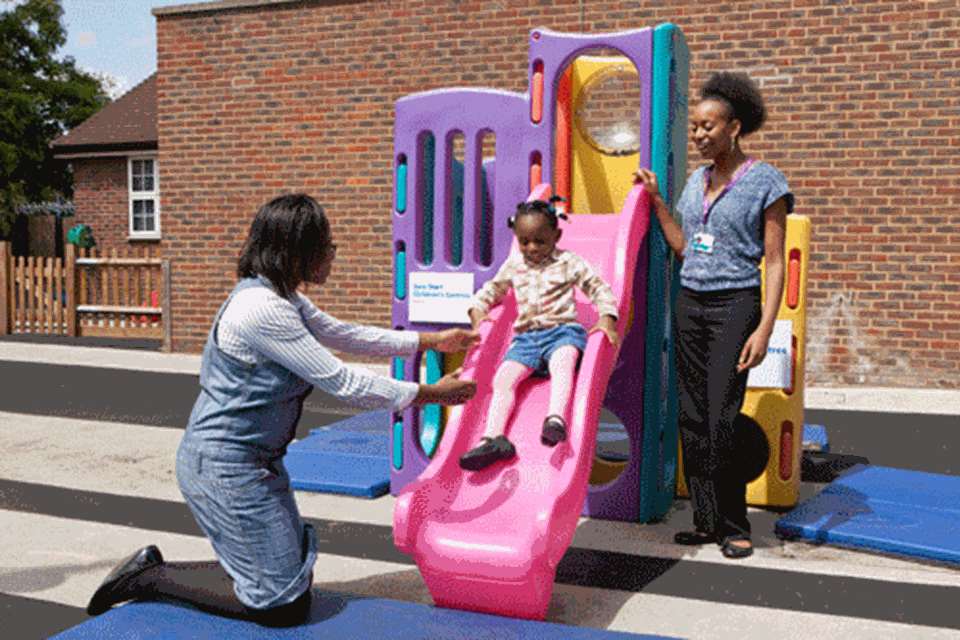Review calls for EYFS to be streamlined to cut down on bureaucracy
Janaki Mahadevan
Wednesday, March 30, 2011
Dame Clare Tickell has proposed that the 69 learning targets set out in the curriculum for under-fives be reduced to 17 to cut down on bureaucracy and increase practitioners' contact time with children.
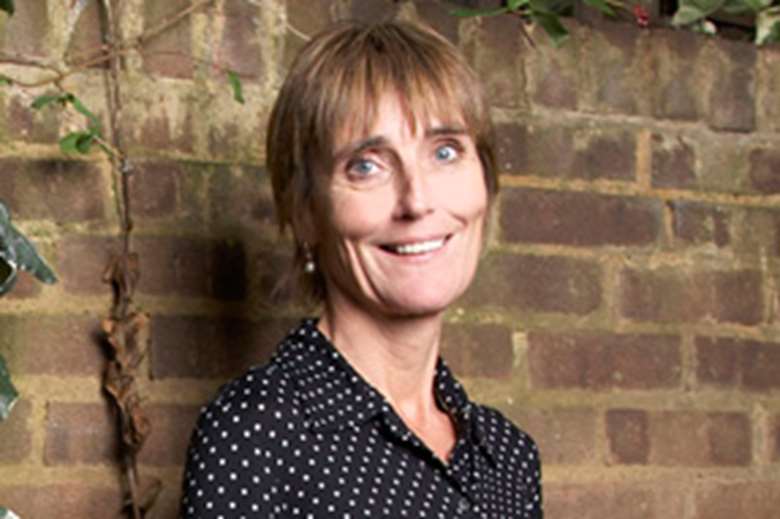
In the government-commissioned review of the Early Years Foundation Stage (EYFS), chief executive of Action for Children Tickell has called for the early years framework to remain compulsory for everyone working with children from birth to five years old, including childminders, but said it must be simplified to help practitioners and enable parents to engage better with their child’s early development.
The review, which was informed by 3,300 submissions from organisations and practitioners, said all early years practitioners should have at least a Level 3 qualification (equivalent to an A level) and the government should consider applying the "teaching schools" model to the early years.
The current EYFS framework measures achievements in six areas: personal, social and emotional development; communication, language and literacy; problem solving, reasoning and numeracy; knowledge and understanding of the world; physical development; and creative development.
Tickell has proposed that these are reduced to three "prime areas" of personal, social and emotional development; communication and language; and physical development. According to the review, these three areas should be underpinned by the "specific areas" of literacy; maths; understanding the world; and expressive arts and design.
Tickell said: "The earliest years in a child’s life are absolutely critical. Next to a loving and stable home environment, high-quality early years education is one of the most important factors in a child’s development. It’s clear that the current EYFS has helped to improve outcomes and is popular with parents and professionals who welcome a framework that lets them know how children are developing.
"But it’s far from perfect. The current EYFS is cumbersome, repetitive and unnecessarily bureaucratic. And it isn’t doing enough to engage parents in their child’s development or make sure children are starting school with the basic skills they need to be ready to learn."
The review also proposed that parents get a summary of their child’s development, alongside the health visitor check at age two, to help identify any early problems or special educational needs. Tickell said there should also be a stronger link between the EYFS and what is expected of children in Key Stage 1.
The National Association of Head Teachers general secretary Russell Hobby said: "We welcome the acknowledgement that children should be supported by adult-directed learning and are also pleased to see that the transition from early years to Key Stage 1 will be supported with reference to each child’s individual learning style."
Professor Chris Pascal, director of the Centre for Research in Early Childhood, said: "This review builds on the strong achievements of the sector in raising quality using the original EYFS framework but refocuses attention on those aspects of practice that really shape children’s future lives and frees practitioners from many of the perceived burdens they felt were preventing progress."
The government will respond in full to the recommendations in the summer when it will consult on changes to the EYFS. Changes will come into force from September 2012 at the earliest.


